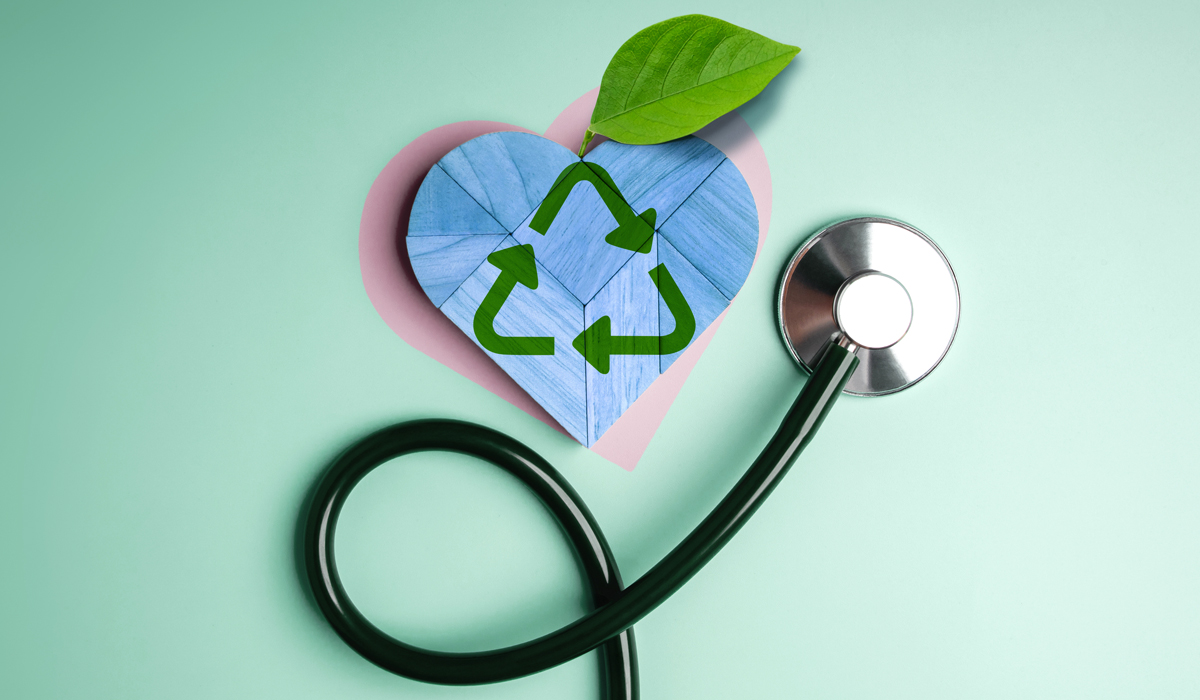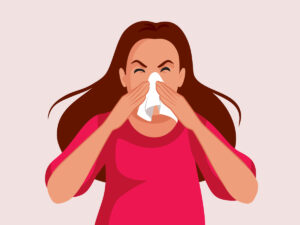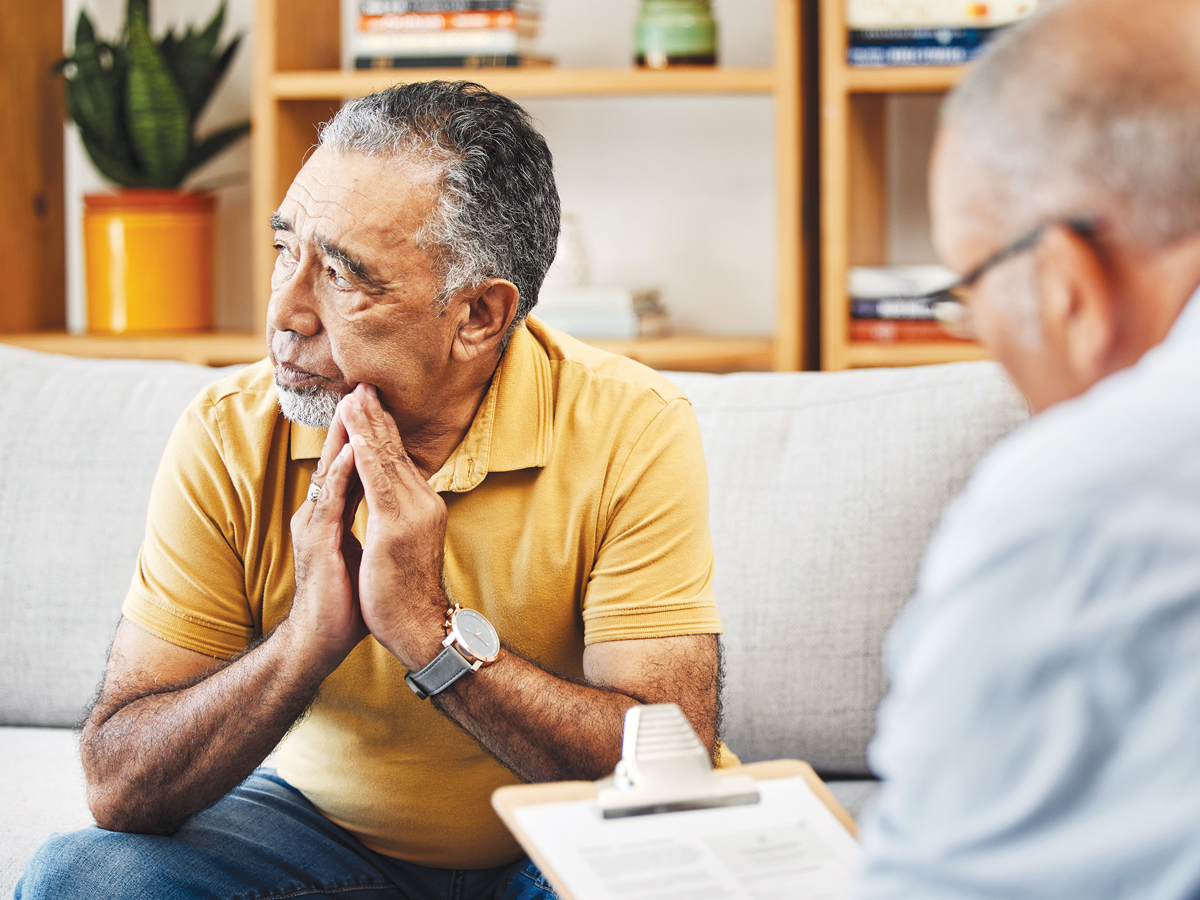The air we breathe, the water we drink and the food we eat is all part of a system which, in an ideal world, functions harmoniously to help keep us healthy, physically and mentally. Each of our day-to-day interactions with the world around us is part of a chain reaction—one that can’t help but affect our personal health and wellbeing and that of our loved ones. The more we understand this connection between place and people, between the impact of what we buy and how we feel, the more we can make good choices as caregivers.
Some things to take a clear-eyed look at and put into your plans:
Renovate or build safely: Opt for universally designed products that will allow for both ease of use and aging in place. A lot of building and home design products are made with toxic chemicals. Paints, flooring, drywall, cabinetry and countertops are often full of nasties. Buy products that disclose everything on their label.
Change your plastic habits: Consider the packaging and reusable storage alternatives that are better for your family’s health and the environment. Look for more responsible brands that show they care about your well-being.
Ask questions: Whether it’s supporting local retailers or a farmer, consider the impact and footprint you’re leaving. The shocking carbon pollution that both mass industrial farming and the transportation industry create to ‘get the job done’ is not good for us. Opt for a 100-mile lifestyle when possible. Use farmers markets, fresh seasonal produce and chemical free soaps/cleaners and beauty goods.
Find ways to reduce waste: Stop sending things to the landfills. Whether it’s using up what’s available rather than letting it go to waste in your fridge or collecting and composting daily food scraps …you can do your part.
Check your clothing footprint: Research shows that 400% more clothing is produced annually than 20 years ago and 1-million litres of water are used clothing production yearly. The majority… 85% of clothes we buy… end up in the garbage. The moral of the story: shop with intention, buy less, donate more, enjoy longer, and donate/repurpose whatever you can.
Green Healthcare: Don’t be afraid to ask for kinder products.
So…even as a busy caregiver, making “healthy-good for the planet” choices for you and how you care will make a difference now and in the future.
Caroline Tapp-McDougall
Publisher/Editor
caroline@bcsgroup.com
Photo: iStock












